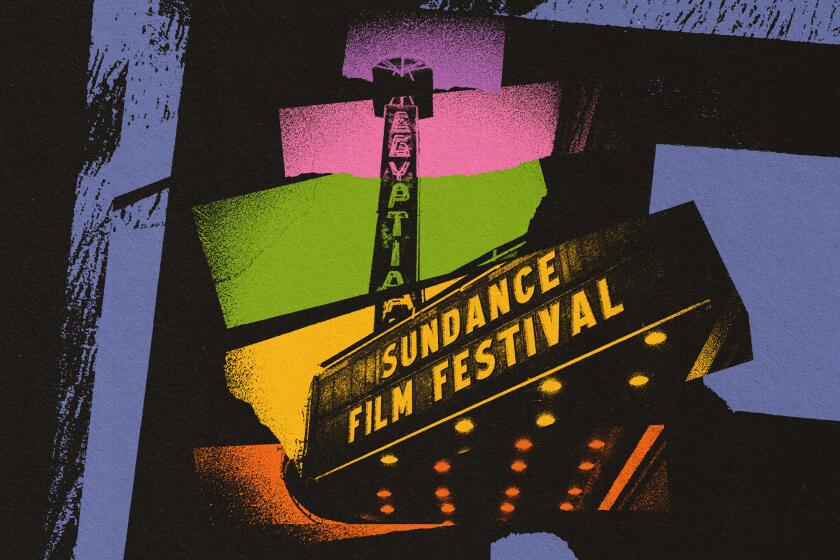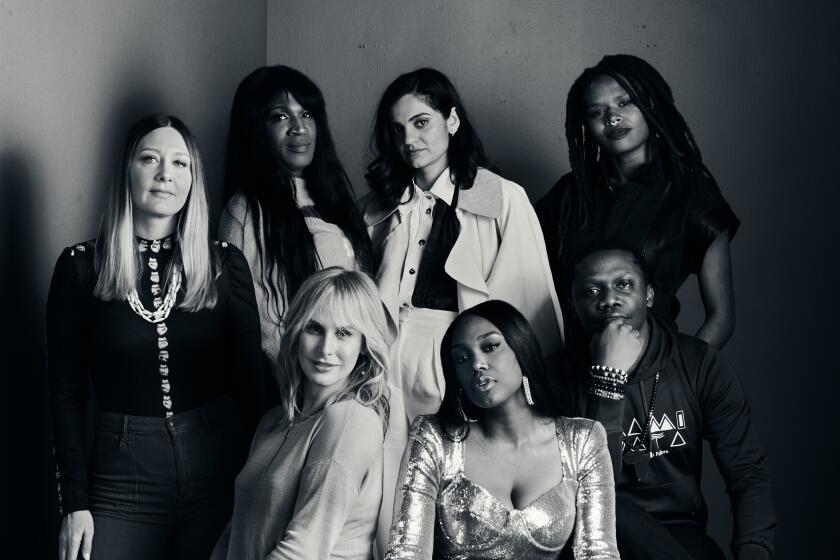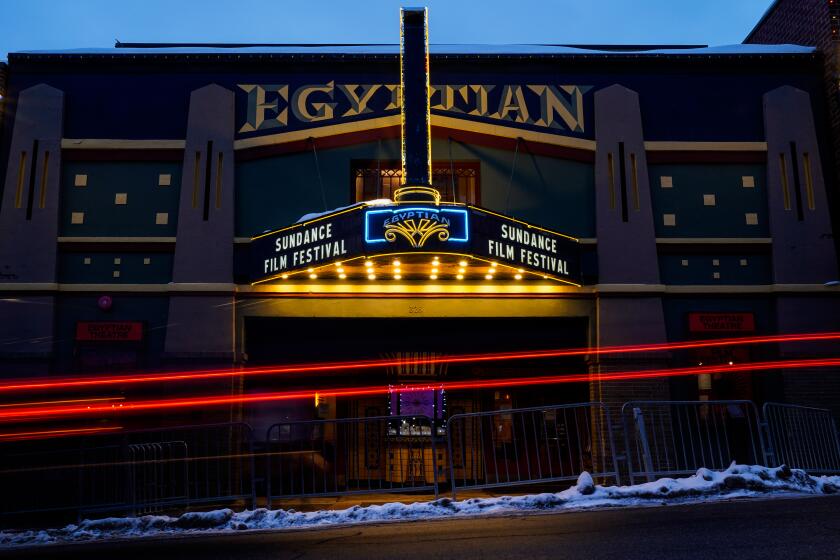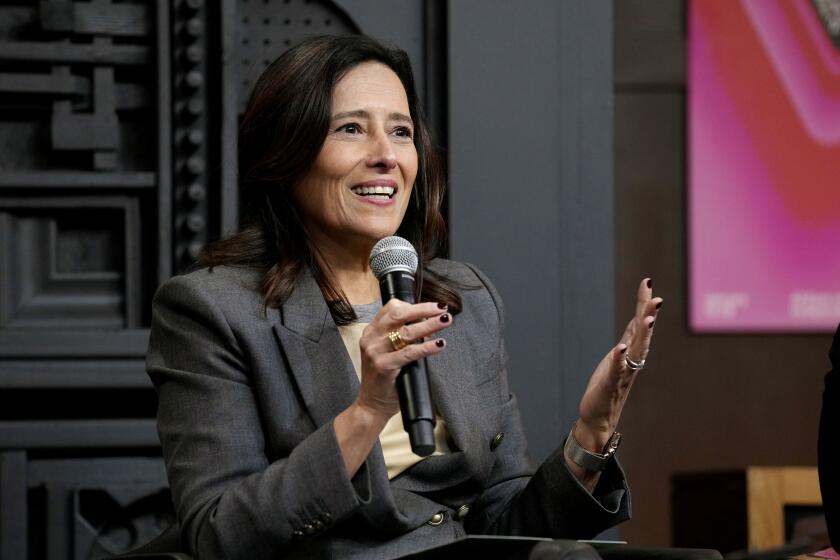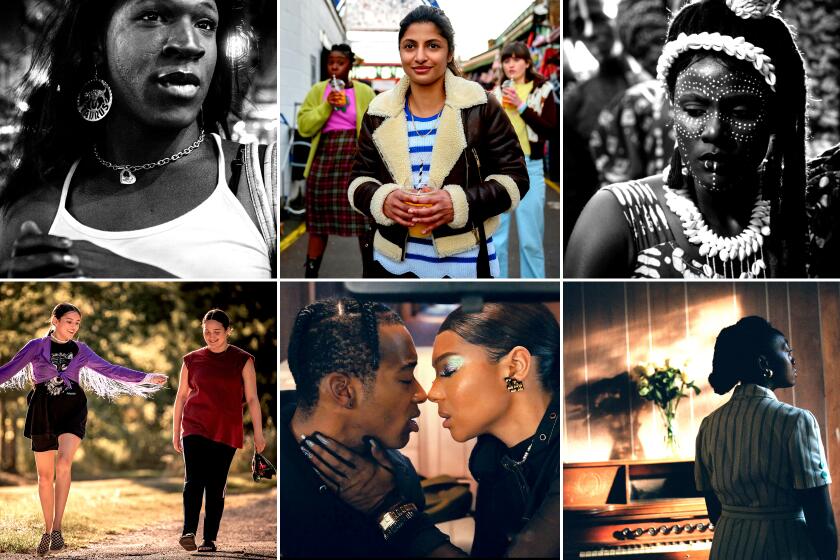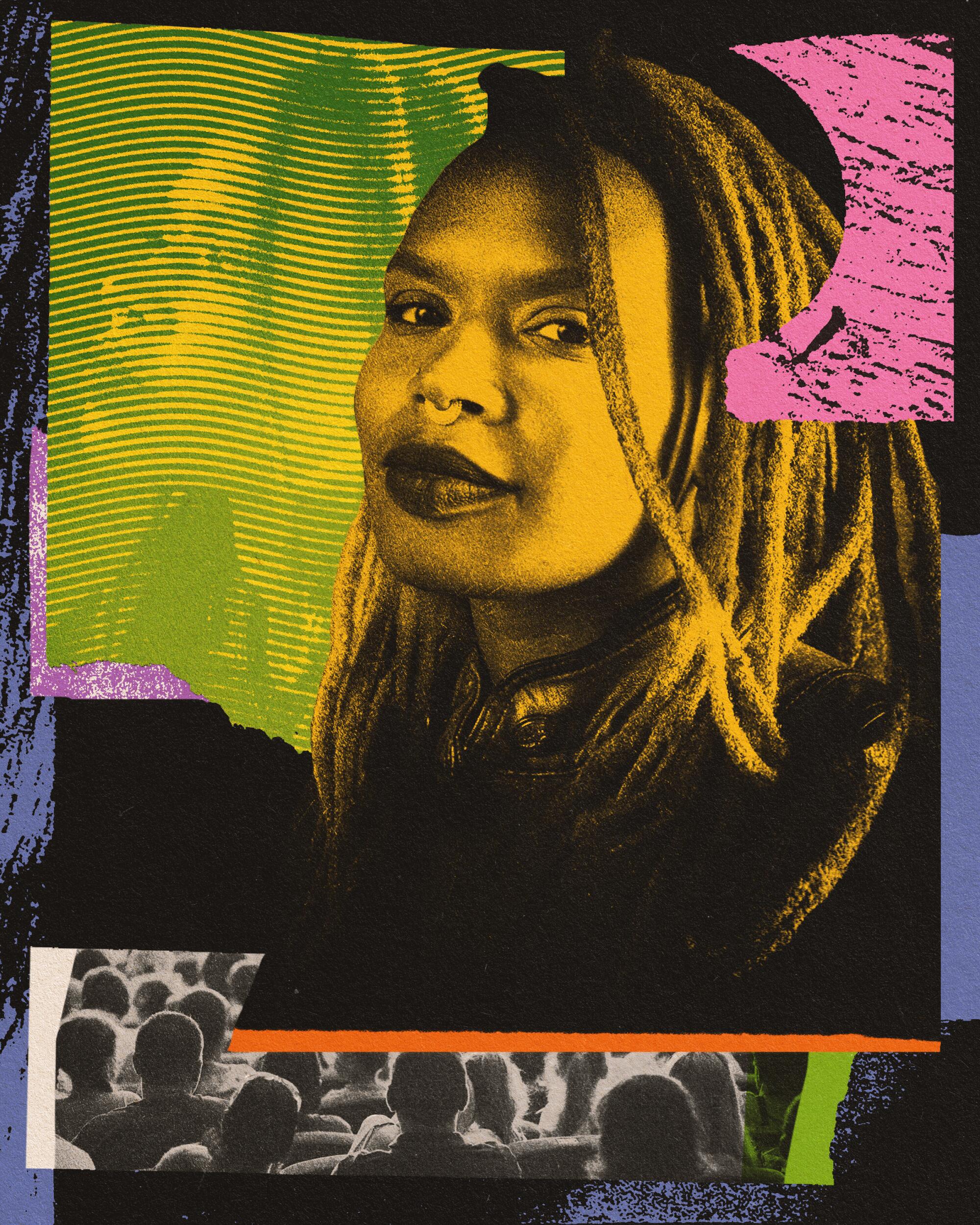
Coming into this year’s Sundance Film Festival with her debut feature, “All Dirt Roads Taste of Salt,” poet-turned-filmmaker Raven Jackson was in an enviable position, with A24 already set to distribute the film and “Moonlight” director Barry Jenkins on board as a producer. An impressionistic, episodic journey through the life of a Black woman in Mississippi, the picture drew nearly universal acclaim out of the festival in Park City, Utah, teeing it up for a likely awards push when it hits theaters later this year. At the moment, though, Jackson is being careful not to get ahead of herself.
Looking back, what was the emotional high point of your Sundance experience?
The [premiere] screening was definitely the peak. It was really beautiful to be able to share the film with so many people, including people who had worked on the movie for years. If you make a film like this, you know it’s not going to be for everybody. You don’t necessarily know what’s going to come back. Of course, that anxiety is there and you feel vulnerable. But there is also excitement and gratitude to be in this position. I was very intentional about making sure I was present during that time, but even then, it still feels like it’s there and gone.
What did you learn from Sundance?
Because it was my first experience, Sundance taught me what I need to have in place for myself for future screenings to be the most present. I need pockets of time where I’m not rushing somewhere and people around me who knew me before the film. When everyone is talking about the film, it’s nice to have people who knew you before “Raven, the filmmaker.”
Longtime festival programmer John Nein reveals eight tips for applying to Sundance. Plus, seven filmmakers reveal their festival dos and don’ts.
What was the most fun thing you did in Park City outside of your film’s launch?
You know, I wanted to try to ski for the first time — that’s something that’s on my bucket list — but I was not able to. I did watch other people do it. I also came in very optimistic about seeing some new films, but I didn’t really get to see any. When you have a pocket of time, you’re just like, “I’d rather rest.”
If you had to quantify the Sundance “bounce” with one thing that’s happened to you, professionally or personally, what would that be?
People I didn’t know would write something on Instagram and tag me or send me a message. There are a few extended hugs in the film, and several people messaged me talking about how they needed to see that care and those hugs. That really moved me. To think that something resonated on such a deep level that they shared that with me — I don’t take that for granted.
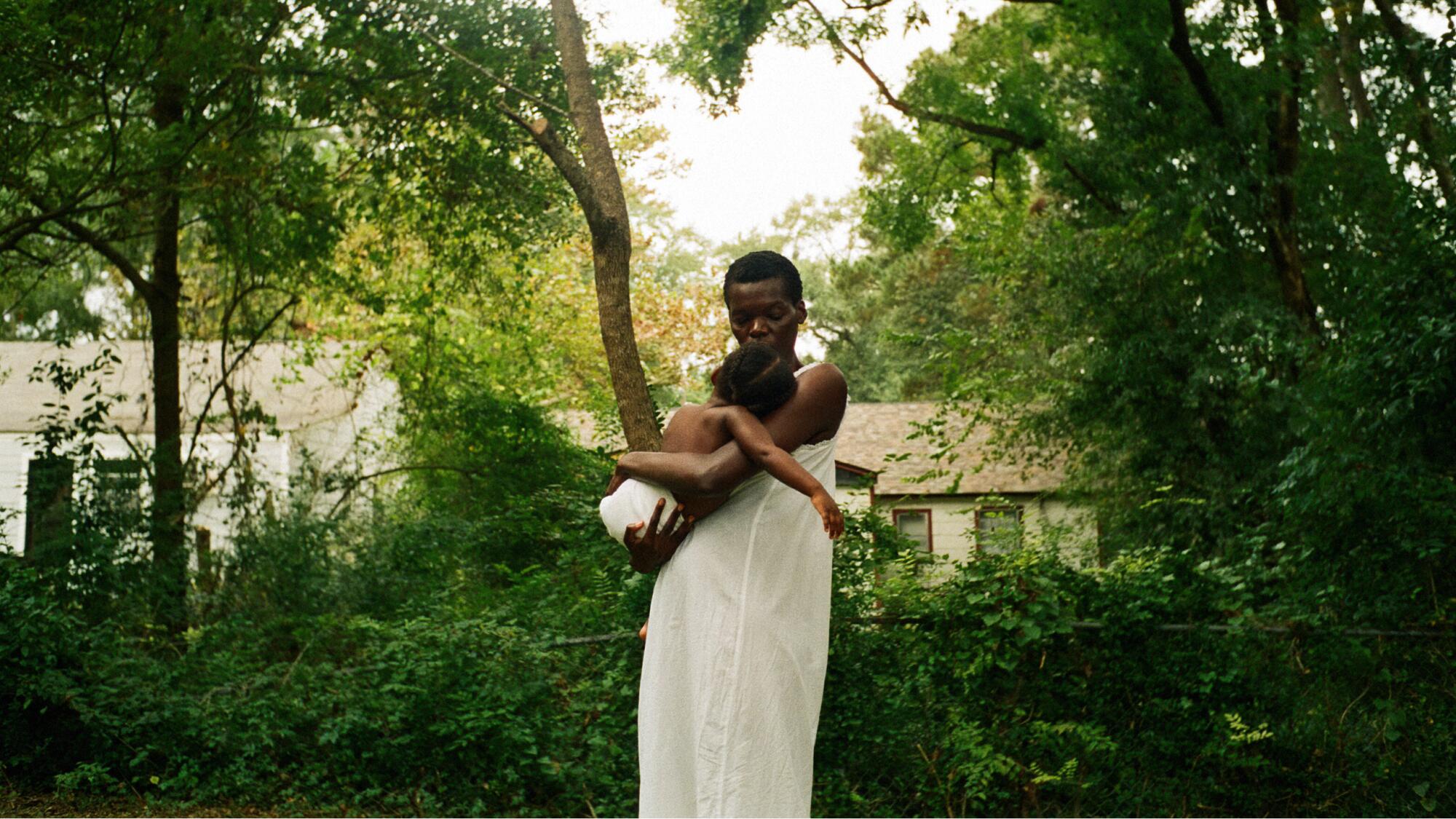
What has happened since the festival as you’ve worked with A24 on the marketing and release plan for your film?
I can’t share much about the plans. I will say specifically about the trailer, I am someone who truly loves trailers. I have always considered trailers as little poems, and it feels like that’s what this film is. So it’s been exciting to be thinking about and discussing and putting my energy toward my own trailer. When I was writing the film and trying to put myself in the mood to turn toward the page, I would watch trailers to spark something in me creatively. “Moonlight” was one of those trailers, so this feels like a full-circle moment.
What is your sense of the state of the indie film business right now?
It continues to be a challenging medium. But something that has been a glimmer of light for me has been seeing how strange films or films that are a little off-center are rising to the surface in interesting ways. A couple of days ago, I went to a smaller theater and so many of the screenings were sold out. I do think audiences are paying attention to films that have a different type of approach.
To commemorate next year’s 40th edition of the Sundance Film Festival, we’re spending 12 months looking at the lives of 7 members of this year’s class.
Has the writers’ strike and anxiety over the other guilds striking caused a slowdown in momentum for you? Is the industry hitting pause when you are looking to make things happen?
First, I want to say I’m a [Writers Guild of America] member, and I support the strike. This is a challenging time for filmmakers, no matter what their role in the industry is, but it feels like such an important time. I saw an email earlier today that said, “Hold the line,” and that’s really the feeling. Now is the time when you have to step back on things that you’re thinking of moving forward or projects that you’re going out there to pitch. We all have to make sacrifices.
What advice do you have for filmmakers who may now be trying to get their movies into next year’s Sundance?
What comes to mind is trusting yourself. It could be your first feature or your third, or who knows?, but trust the choices you’ve made and trust that, even if the journey unfolds differently than you thought it would, you’re still where you’re supposed to be. For me, there’s been a lot to knowing what you can and can’t control in all of this. At the heart of it, my advice is to sit with the film before you’re ready to release it into the world. And if you can say, “I back this film no matter what comes back,” there’s something centering in that.
More to Read
Only good movies
Get the Indie Focus newsletter, Mark Olsen's weekly guide to the world of cinema.
You may occasionally receive promotional content from the Los Angeles Times.
